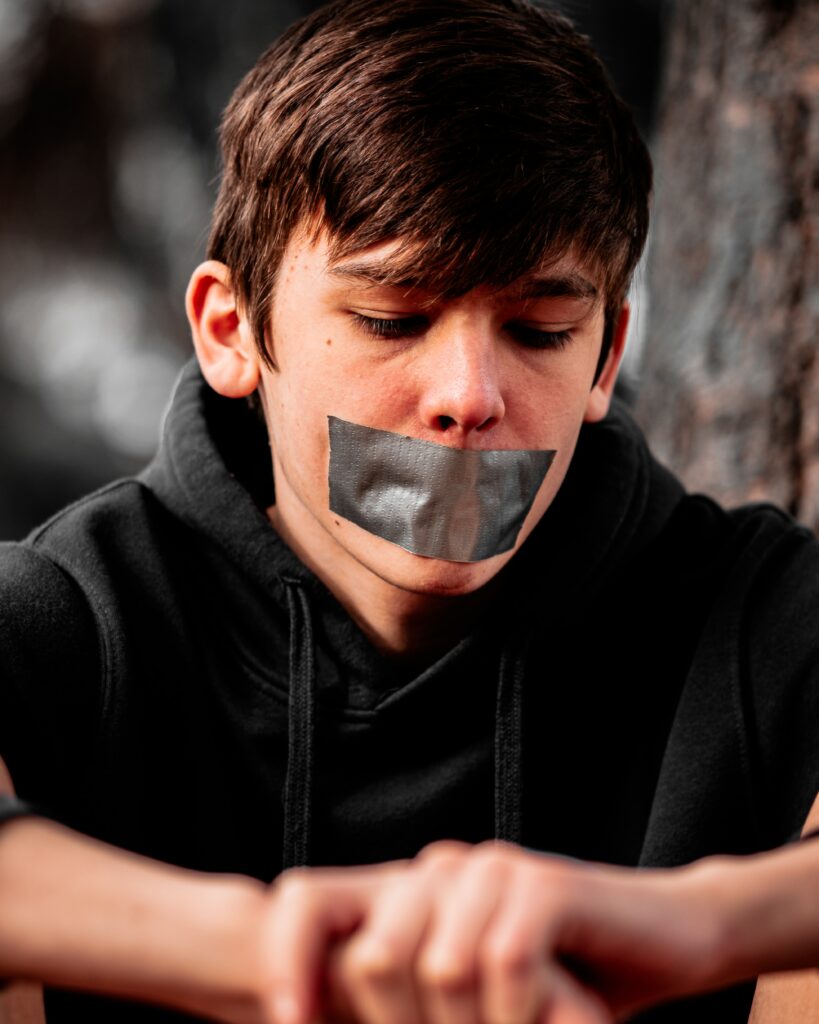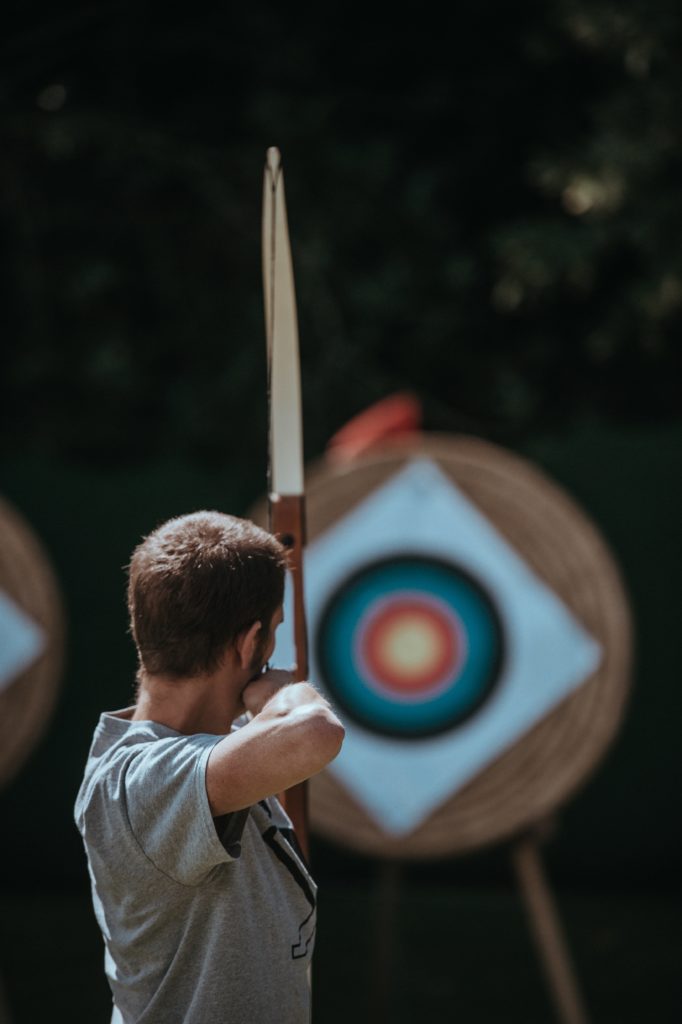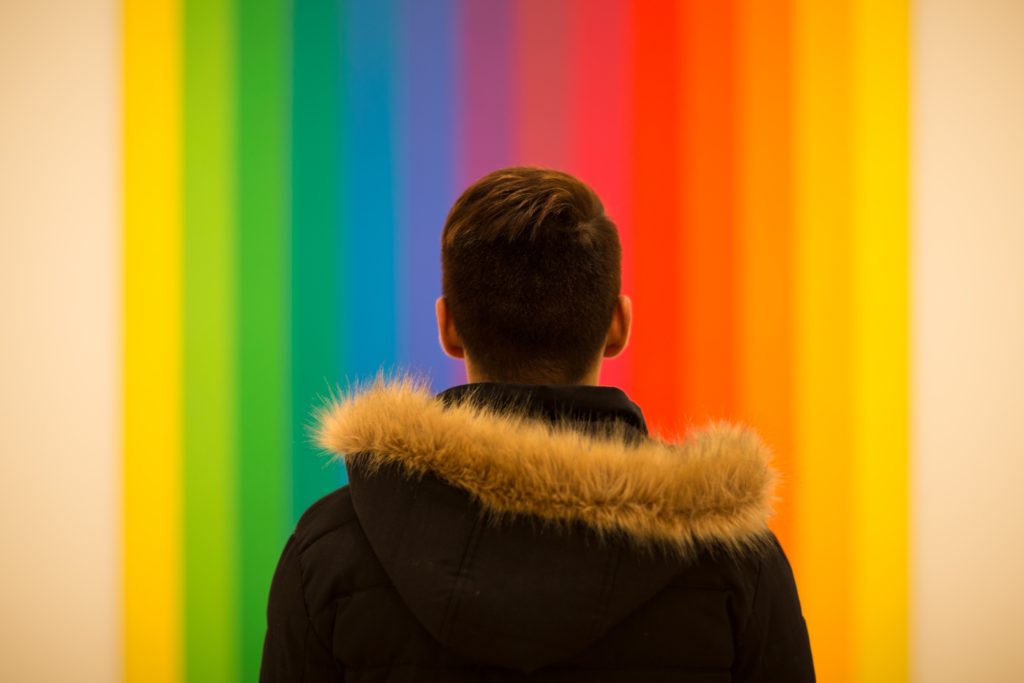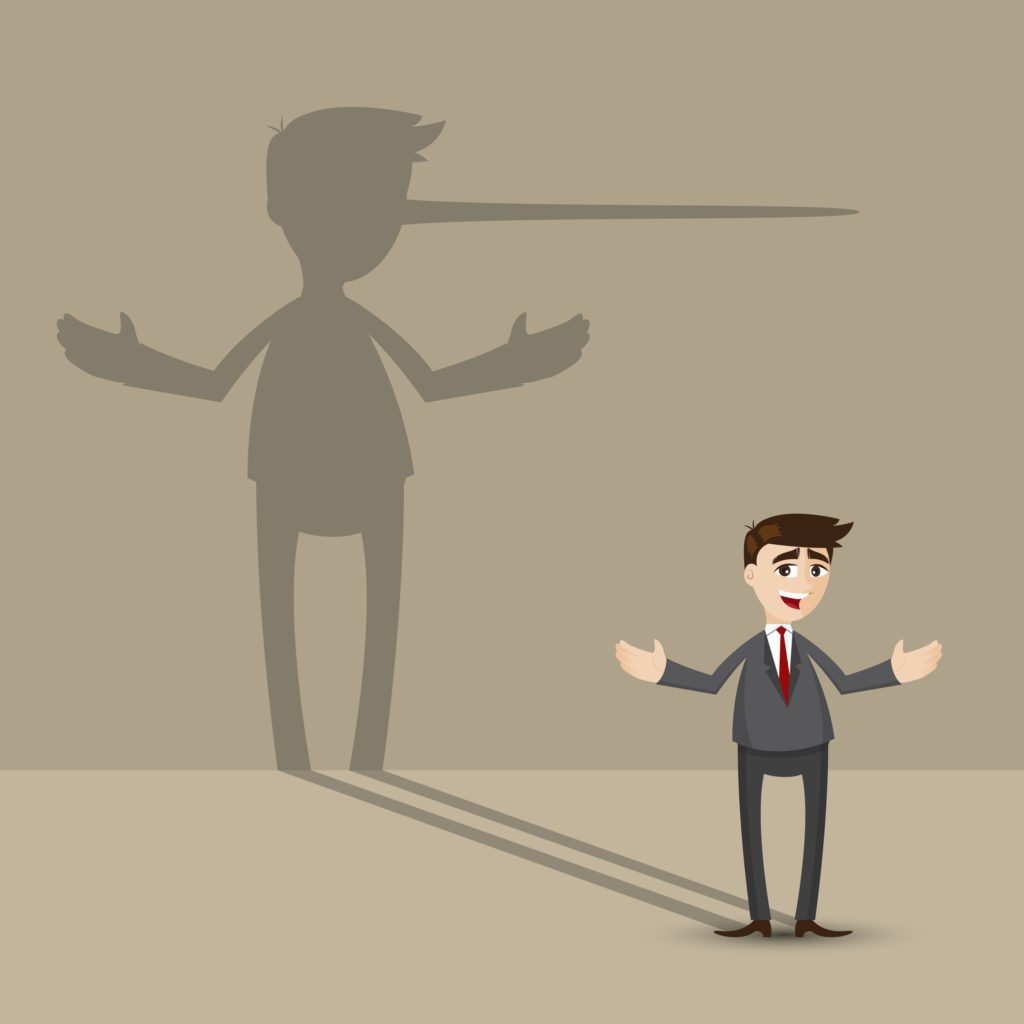Speak No Evil: When Must You Self-Report Your Misconduct To The USPTO
A court rules a patent attorney engaged in inequitable conduct. A client sues its trademark attorney for malpractice. A state bar files ethics charges against a patent practitioner. The police arrest a patent agent for domestic violence. A litigator is sanctioned by the PTAB under Rule 11.18 for making a frivolous argument. These are situations […]
Speak No Evil: When Must You Self-Report Your Misconduct To The USPTO Read More »



